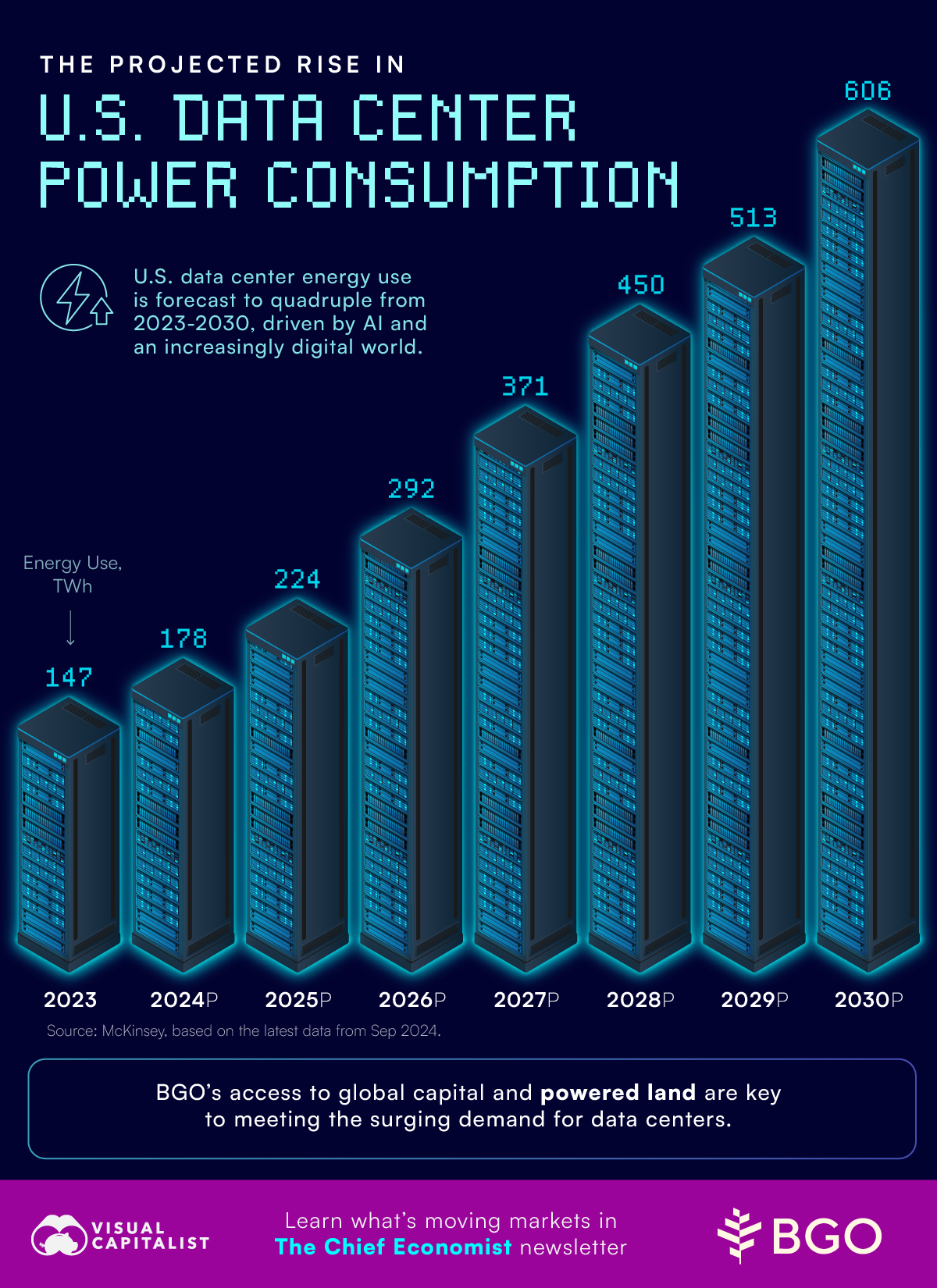
Published
2 hours ago
on
April 3, 2025
| 102 views
-->
By
Jenna Ross
Graphics & Design
- Jennifer West
The following content is sponsored by BGO
The Projected Rise in U.S. Data Center Energy Use
Key Takeaways
- From 2023 to 2030, U.S. data center energy use is forecast to quadruple.
- The rise will be driven by AI and an increasingly digital world.
- Getting access to power is a critical step in building new data centers, but this can take up to 10 years in some cases.
With the click of a button, many people easily access AI and other digital tools. But behind the scenes, a lot of energy is required to power the technology we use every day.
This graphic, in collaboration with BGO, highlights the projected rise in U.S. data center energy use.
What is a Data Center?
A data center is a facility that stores IT infrastructure such as servers, data storage systems, and network equipment. It’s common for major players like real estate investment firms or cloud service providers to own them for the shared use of multiple companies.
Data centers make it possible for companies to carry out digital tasks like powering AI, selling to customers online, or collaborating virtually.
The Forecasted Rise in Energy Use
Increases in data, computing, and connectivity will drive high demand for U.S. data centers in the future. In fact, McKinsey predicts that energy consumption will more than quadruple by 2030.
| Year | U.S. Data Center Energy Consumption, TWh |
|---|---|
| 2023 | 147 |
| 2024P | 178 |
| 2025P | 224 |
| 2026P | 292 |
| 2027P | 371 |
| 2028P | 450 |
| 2029P | 513 |
| 2030P | 606 |
In percentage terms, data centers could jump from 4% of total U.S. power demand in 2023 to nearly 12% in 2030.
Accessing power is a critical step in building new data centers, especially given that this demand will require significantly more electricity than the U.S. currently produces.
Builders need to ensure there are reliable power sources and that data centers can connect to the transmission grid. Notably, it can take seven to 10 years for utility companies to complete transmission development projects.
Powering the Future
BGO’s access to global capital and powered land are key to meeting the surging demand for data centers.

Learn what’s moving markets in The Chief Economist newsletter from BGO.
Related Topics: #technology #energy #power #digital #ai #data center #BGO
Click for Comments
var disqus_shortname = "visualcapitalist.disqus.com";
var disqus_title = "The Projected Rise in U.S. Data Center Energy Use";
var disqus_url = "https://www.visualcapitalist.com/sp/bgo01-the-projected-rise-in-u-s-data-center-energy-use/";
var disqus_identifier = "visualcapitalist.disqus.com-176427";
You may also like
-
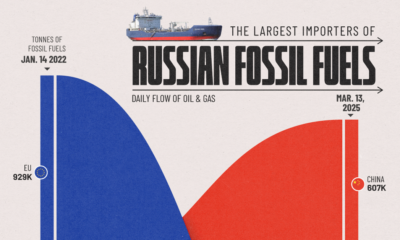
Energy2 days ago
How the Largest Importers of Russian Fossil Fuels Have Changed (2022 vs. 2025)
Despite sanctions against Moscow, the EU remains a key consumer of Russian fossil fuels.
-
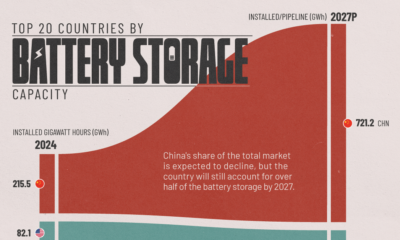
Energy1 week ago
Top 20 Countries by Battery Storage Capacity
China holds about two-thirds of global BESS capacity.
-
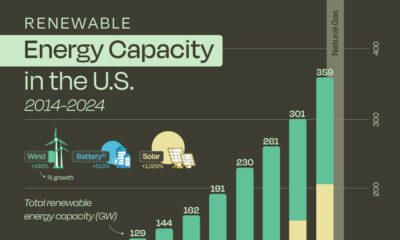
Energy2 weeks ago
Charted: Renewable Energy Capacity in the U.S. (2014-2024)
Discover how renewable energy capacity in the U.S. has grown over the past decade, with solar PV leading the charge.
-
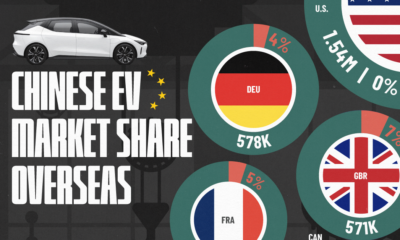
Energy1 month ago
Visualizing Chinese EV Market Share Overseas
Chinese brands accounted for 62% of global EV sales in 2024.
-
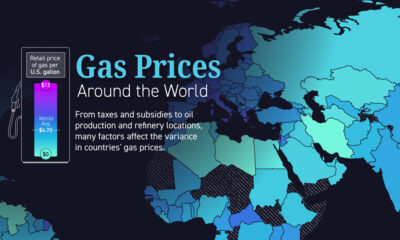
Oil and Gas2 months ago
Mapped: How Much Each Country Pays for Gas in 2025
Production and refining costs, transportation and distribution fares, and taxes and subsidies all affect how much everyone pays for gas.
-

Mining2 months ago
How Many New Mines Are Needed for the Energy Transition?
Copper and lithium will require the highest number of new mines.
Subscribe
Please enable JavaScript in your browser to complete this form.Join the 375,000+ subscribers who receive our daily email *Sign Up
The post The Projected Rise in U.S. Data Center Energy Use appeared first on Visual Capitalist.